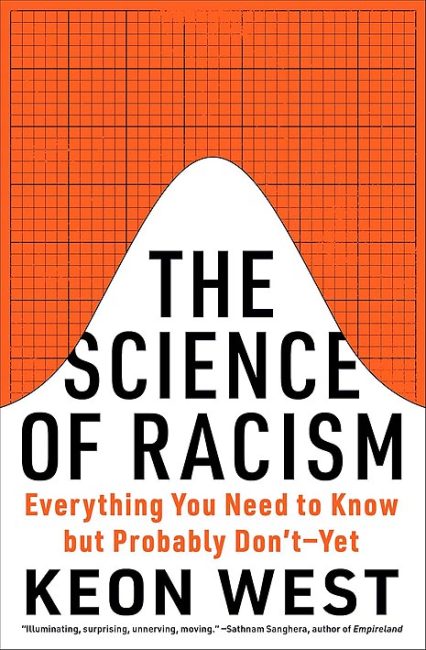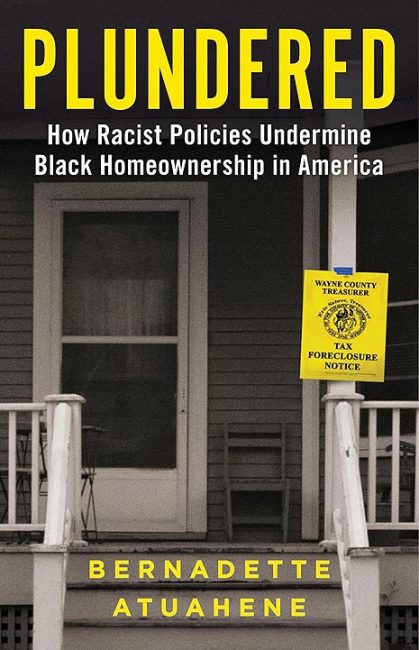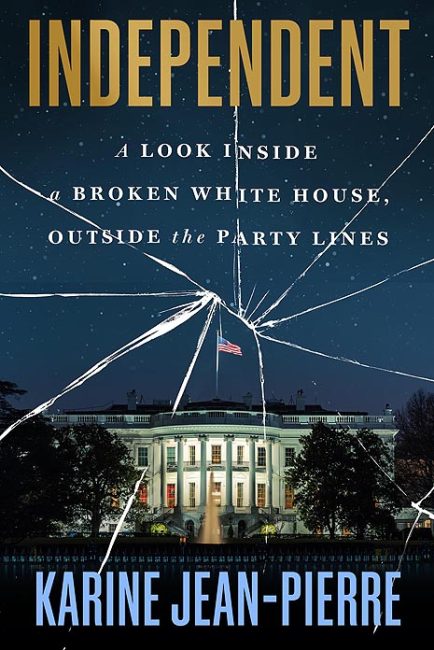Book Bag: February, 2011
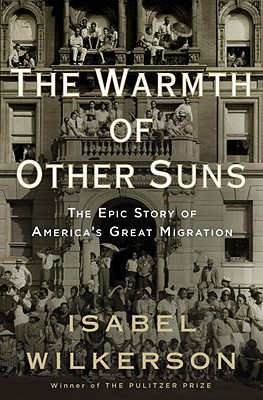 Reviews by Sharon L. Shervington
Reviews by Sharon L. Shervington
The Warmth of Other Suns: the Epic Story of America’s Great Migration
Written by Isabel Wilkerson
Isabel Wilkerson has been sharing the stories of others as a newspaperwoman, and, in the process, polishing her own voice for many years. As she is the first black woman to win the Pulitzer Prize in Journalism it is a bit surprising that this is her first book.
For those of us in the know (I have been watching her career since we were colleagues at The New York Times in the early 1990s), The Warmth of Other Suns was entirely worth the wait: it stands alone as a magnificent legacy, unique in its impact and meaning.
Here she tells the stories of blacks who migrated north in great waves of humanity from the period after World War I until 1970, leaving behind a daunting past permeated with extreme and casual violence and daily insult—a past in which the ability to actually prosper was next to impossible.
This is largely an untold story, except for the statistics and
theories of historians and sociologists. But here, most of the book is
devoted to three people of different genders and circumstances (one is a
fruit picker in Florida’s groves, another the prominent personal
physician to Ray Charles) who tell their stories essentially in their
own voices. It is a fleshed-out account of a phenomenon that completely
changed the face of America, including the mainstream culture until
today.
The three parallel stories illuminate individual lives, but also
the collective lives of more than three generations and the unrelenting
oppression that eventually forced so many to make a way out of no way.
The research is exhaustive; about 1200 people were interviewed for the
book.
This is a very personal story for the author, whose parents were a
part of the migration. But that never compromises her ability to coolly
analyze, to contextualize, the origins of the story, the journey, and
its aftermath. Ms. Wilkerson is now at Boston University, Director of
Narrative Nonfiction. From this point of view, one can see the book’s
singular impact on two fronts: as one of the foremost works of our day
in narrative nonfiction, a genre that is still in its infancy; and, a
fearless telling of a story that the media, over generations, failed to
cover.
The Warmth of Other Suns: the Epic Story of America’s Great Migration, by Isabel Wilkerson; Random House; $30; 622 pages
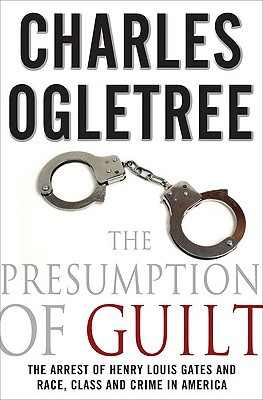 The Presumption of Guilt
The Presumption of Guilt
Written by Charles Ogletree
A noted legal expert and academician, Mr. Ogletree provided legal
advice to Harvard professor Henry Louis Gates after his arrest on his
own front porch; they are also longtime friends. This is the definitive
book about the case that stunned many African-Americans and others, in
which the country’s leading black intellectual was arrested as he
returned to his own home, for what amounted to losing his temper.
It is a case at which the mind boggles, as the white officer
followed Mr. Gates into through his front door and demanded proof of his
identity. The book puts it in its infuriating context, citing the
Rodney King case and others that divided the nation and shone a
spotlight on white police officers.
A section of the book describes other stories of this type from
some of America’s most prominent citizens, and gives the lie to the idea
of a “post-racial” nation. Recent events in our own community make this
a book that is not only a historical accounting but also very much of
the moment.
The Presumption of Guilt; The Arrest of Henry Louis Gates Jr. and
Race, Class and Crime in America, by Charles Ogletree; Palgrave
Macmillan; $25; 253 pages.
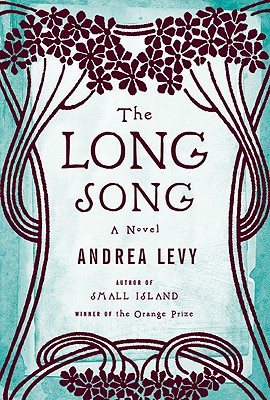 The Long Song
The Long Song
Written by Andrea Levy
Over the last 15 years or so Andrea Levy, who lives in London,
has slowly built the kind of international following and body of work
that leads to international bestsellers and literary prizes. Her novels
mostly chronicle the lives of Jamaicans who immigrate to the U.K. and
the personal stories of both their descendents and antecedents. Among
her most consistent themes are racism, family, and color-linked
prejudice within the African Diaspora. Ms. Levy’s very distinctive style
is subtle, yet saturated with emotion.
In The Long Song she focuses on slavery in Jamaica, writing with a
kind of cool realism that absolutely refuses to romanticize the
Peculiar Institution. She shows how everyone suffered from this vile
system, but amazingly—unlike any other novel about slavery I have read—I
found myself repeatedly laughing out loud. Part of that was likely the
irony.
Under this system lies became truth and truth lies, until there
was nothing left but appearances. Ms. Levy captures that perhaps better
than any other author has done. Even the greedy, the power hungry or the
enslaved have laughable moments.
That said, the heroine of The Long Song, Miss July, may well move
readers to tears. Cruelly separated from her mother, whom she has no
idea lives steps from the plantation house door, she never gives into
despair. And she, along with other characters, shows an unsettling and
unexpected long-term resistance to her enslavement.
Her unconventional relationship with her brilliant son Thomas
forms the core of this accomplished novel, which along with her other
most recent books Small Island and Fruit of the Lemon, have developed a
discerning and devoted following around the world.
Miss July—whom, for bizarre reasons of her own, the plantation
mistress calls Marguerite—is someone readers will not soon forget. In
her own way she is as much of an archetype as Scarlett O’Hara. Finally,
Ms. Levy engages readers’ senses through vivid descriptions of the
colors, sounds and smells that reflect Jamaica’s archetypal Caribbean
beauty – and its beast.
The Long Song, by Andrea Levy; A Frances Coady Book; Farrar, Straus & Giroux; $26; 313 pages.

